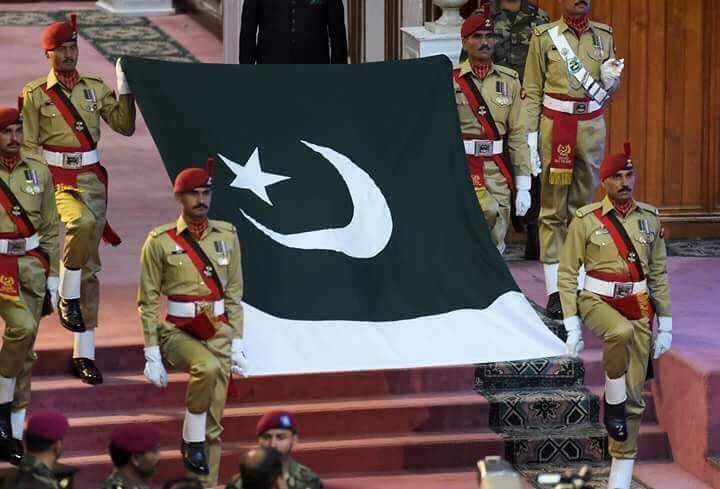
Pakistan has banished almost 30 international non-governmental organisations (NGOs) from the country, as human rights norms increasingly come under threat across Asia.
Pakistan’s interior ministry warned 29 NGOs, including ActionAid, Plan International and Marie Stopes, that their applications to continue operating in the country had been rejected and that they had 60 days to leave.
Since 2011, when the former al-Qaeda leader Osama bin Laden was killed in Abbottabad, Pakistan, the country has been hostile to NGOs.
Pakistani intelligence services accused Save the Children, which was allegedly caught up in the CIA operation to capture bin Laden, of engaging in “anti-Pakistan” activities.
A doctor in Pakistan who helped track down bin Laden told investigators he had been introduced to the CIA by a senior Save the Children official, an allegation that the NGO denies.
The country’s interior minister Chaudhry Nisar said in 2015:

US Tariffs are shifting - will you react or anticipate?
Don’t let policy changes catch you off guard. Stay proactive with real-time data and expert analysis.
By GlobalDataThere were some intelligence reports suggesting some of the international NGOs funded by US, Israel and India were involved in working on an anti-Pakistan agenda. Let me clarify: offices of any international NGO found doing anti-Pakistan activities would be shut down.
However, Pakistan’s latest expulsions go further than they ever have before, not only banning human rights NGOs but others too.
Some of the NGOs have been told they can’t operate in Pakistan because they are based in parts of the country where conflict is more common or where western intelligence agencies are believed to work, according to officials at Pakistan’s home ministry.
One senior government official told the Financial Times that even NGOs which paid high salaries to some of their employees were viewed with suspicion.
Violating human rights in Asia
Across several Asian countries, governments have been cracking down on human rights.
Binaifer Nowrojee, head of Asia-Pacific for Open Society Foundations, one of the groups banned by Pakistan said:
In Pakistan, India and Nepal, space is closing in which NGOs are able to operate. It comes along with a growing national pride and economic confidence in these countries. They feel that the era of being dictated to by the west is coming to an end.
In India, the government has prevented thousands NGOs from receiving foreign funding over the last few years since Narendra Modi became prime minister.
In 2015, the Indian government suspended Greenpeace India’s licence, accusing the organisation of trying to handicap the country’s economy by campaigning against mining and nuclear projects.
Earlier this year, India banned foreign funding for the Public Health Foundation of India, a group backed by the Bill & Melinda Gates Foundation, saying that the group had engaged in “diversion of funds” and not declared certain foreign receipts.
In April 2016, China ruled that all NGOs operating in the country had to submit to police supervision and declare their sources of funding.
William Nee, Amnesty’s China Researcher said at the time:
The authorities — particularly the police — will have virtually unchecked powers to target NGOs, restrict their activities, and ultimately stifle civil society.







